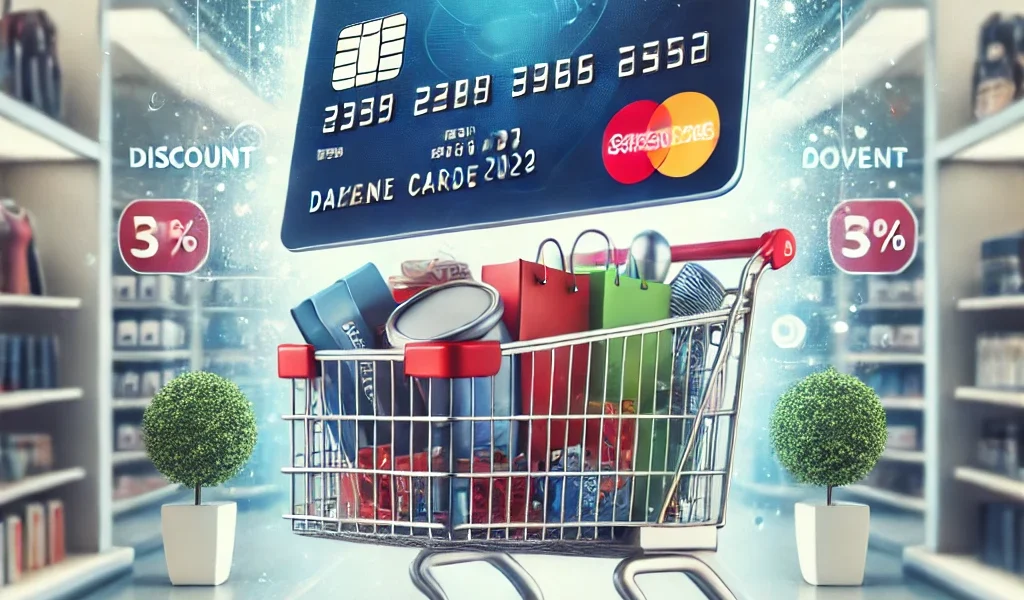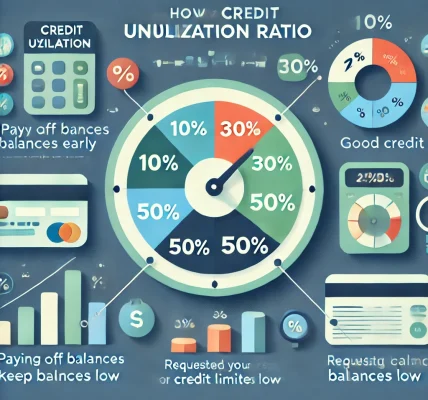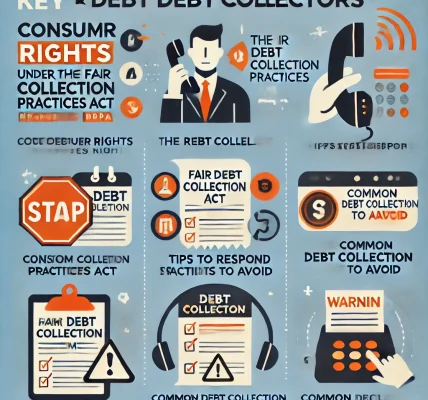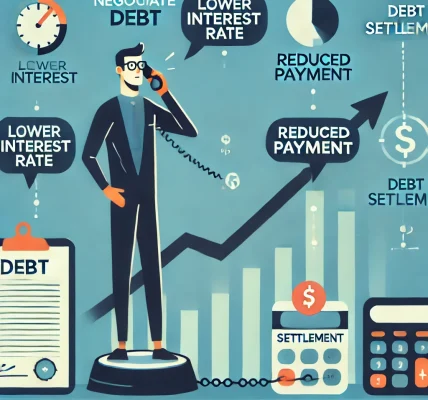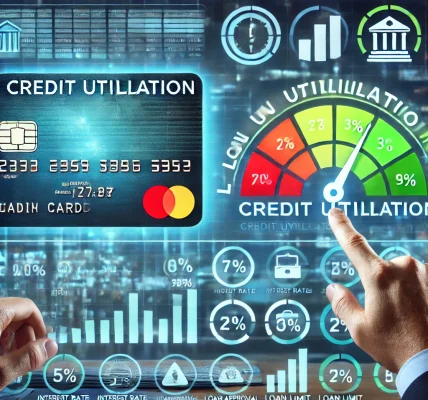Store credit cards are often tempting, especially when cashiers offer instant discounts or special financing on your purchases. But are they truly worth it? While store credit cards have some advantages, they also come with significant drawbacks that can impact your financial health.
In this DIY guide, we will explore the pros and cons of store credit cards, their impact on your credit score, and how to determine if they are the right choice for you.
1. Understanding Store Credit Cards
Store credit cards, also known as retail credit cards, are issued by specific stores or retail chains. They come in two types:
- Closed-loop cards: Can only be used at the issuing store or chain.
- Open-loop cards: Co-branded with major credit networks (Visa, Mastercard, etc.) and can be used anywhere.
These cards often have unique rewards and benefits but come with limitations that consumers should consider before applying.
2. The Good: Benefits of Store Credit Cards
A) Instant Discounts & Rewards
One of the biggest appeals of store credit cards is the immediate savings at checkout. Many retailers offer 10-30% off on your first purchase when you apply for their credit card.
Other reward benefits may include:
- Cash-back or reward points on store purchases.
- Exclusive access to sales and promotions.
- Special financing offers on big-ticket items.
B) Easier Approval Process
Compared to traditional credit cards, store credit cards are generally easier to qualify for, making them a good option for:
- Young adults with limited credit history.
- Individuals with lower credit scores looking to build credit.
C) Opportunity to Build Credit
If used responsibly, store credit cards can help improve your credit score by:
- Establishing a positive payment history.
- Increasing your credit mix.
3. The Bad: Drawbacks of Store Credit Cards
A) High Interest Rates
Store credit cards often come with extremely high APRs, sometimes 25-30% or more. If you carry a balance, the interest charges can quickly outweigh any rewards or discounts.
B) Low Credit Limits
Most store credit cards have low credit limits, which can:
- Lead to high credit utilization (bad for your credit score).
- Make it easy to max out your available credit.
C) Limited Usability
If you get a closed-loop store card, you are restricted to using it at that specific retailer. This can be inconvenient if you need a more flexible spending option.
4. The Ugly: Potential Pitfalls to Avoid
A) Deferred Interest Traps
Some store credit cards offer “special financing” deals where you don’t have to pay interest for a set period (e.g., 6 or 12 months). However, if you don’t pay off the full balance before the promotional period ends, you may be charged retroactive interest on the entire original balance.
B) Impulse Spending & Debt Accumulation
Retailers push store credit cards because they encourage customers to spend more. Studies show that people overspend when using store credit cards, leading to unnecessary debt.
C) Hard Inquiries Can Hurt Your Score
Each credit card application triggers a hard inquiry, which can slightly lower your credit score. Applying for multiple store cards in a short time can make you look like a high-risk borrower.
5. How Store Credit Cards Impact Your Credit Score
Store credit cards affect your credit score in the following ways:
- Payment History (35%): Late payments can significantly damage your score.
- Credit Utilization (30%): Low credit limits mean even small balances can lead to high utilization.
- Length of Credit History (15%): Keeping an old store card open can help your score.
- New Credit (10%): Each application results in a hard inquiry, temporarily lowering your score.
- Credit Mix (10%): Having different types of credit (e.g., store cards, traditional credit cards, loans) can improve your score.
6. When Should You Consider a Store Credit Card?
A store credit card might be worth it if: ✔ You shop frequently at the store and can maximize rewards. ✔ You can pay off the balance in full each month to avoid interest charges. ✔ You want to build or improve your credit and are confident in managing payments.
7. When to Avoid a Store Credit Card
You should avoid a store credit card if: ❌ You tend to carry a balance and will incur high-interest charges. ❌ You have trouble controlling impulse spending. ❌ You don’t shop at the retailer often enough to justify having the card.
8. Alternative Options
If a store credit card doesn’t seem like the right choice, consider these alternatives:
- Cash-Back Credit Cards: Offer flexible rewards on all purchases, not just one store.
- Low-Interest Credit Cards: Provide better financing options if you need to carry a balance.
- Secured Credit Cards: A great option for building credit without high risks.
9. Final Verdict: Are Store Credit Cards Worth It?
Store credit cards can be a good option for loyal shoppers who can pay off their balances in full each month. However, their high interest rates, limited usability, and potential financial risks make them a poor choice for those prone to carrying debt.
